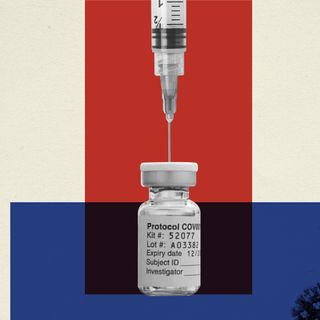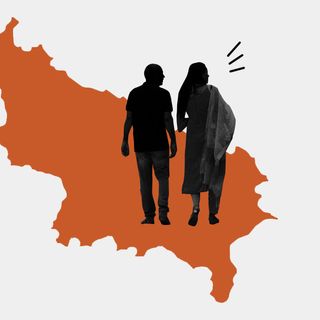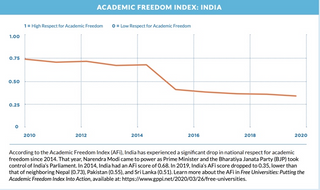India’s respect for academic freedom has dropped steeply since 2014, the year the current BJP-led government took control of Parliament, concludes an international network of higher education institutions named Scholars at Risk (SAR).
The report, namedFree To Think 2020, analyzed 341 attacks on higher education in 51 countries between September 2019 to September 2020. India’s Academic Freedom Index (AFI) score, which determines the level of free speech and security universities and academic centers enjoy, hit a significant low (0.35) in comparison to its 2014 score (0.68). The AFI score groups countries together with letter grades depending on their score, rather than giving out a numerical ranking. ‘A’ denotes the freest academic environment, and ‘E’ classifies least free. This means India’s group grade fell from ‘B’ in 2014 to ‘D’ now. In comparison, Nepal scores a B and Pakistan, a C. Countries in the ‘A’ range include Uruguay and Portugal, while those who scored an ‘E’ include North Korea and Eritrea.
Regarding India, the writers explain, “Over the past two years, an apparent surge in incidents reported by SAR alongside heightened nationalistic rhetoric by Prime Minister Modi underscore fears that the space for ideas and dialogue in India is being constricted, and dissent punished, endangering scholars and students whose views are disfavoured by the ruling government. This pattern has the potential to shrink the space for academic inquiry and impede the development of a national higher education sector that benefits and is inclusive of all members of Indian society.”
Image Courtesy: Free To Think 2020 Report
Related on The Swaddle:
India’s Internet Shutdown in J&K Is Now the Longest Imposed in Any Democracy
The writers of the report documented 71 attacks on higher education in India, including the imprisonment of student activists and scholars during the nationwide Covid19 lockdown, the world’s longest telecommunications shutdown in Kashmir, and violent attacks on students and teachers in colleges like Jadavpur University, Jamia Millia Islamia, and the University of Kashmir.
The report states, “Incidents reported in recent years suggest that India’s UAPA [Unlawful Activities Prevention Act] and its application in cases targeting scholars and students for nonviolent activity run counter to international human rights norms and responsibilities, risk criminalizing legitimate discourse and nonviolent dissent, and undermining scholars’ and students’ exercise of academic freedom.”
“Attacks on the university space impact all of us. Within the Covid19 crisis, we see persistent threats to scholars, students, and universities—even to truth itself,” SAR’s Executive Director, Robert Quinn, says in a statement. “We see scientists threatened for research that contradicts messages that states want to project. We see growing pressures on scholars who comment on government response efforts. And we see authorities use the pandemic as a cover to stifle and punish free inquiry and expression generally. Covid19 shows us the imperative to safeguard academic freedom and protect higher education. Our lives literally depend on it.”





